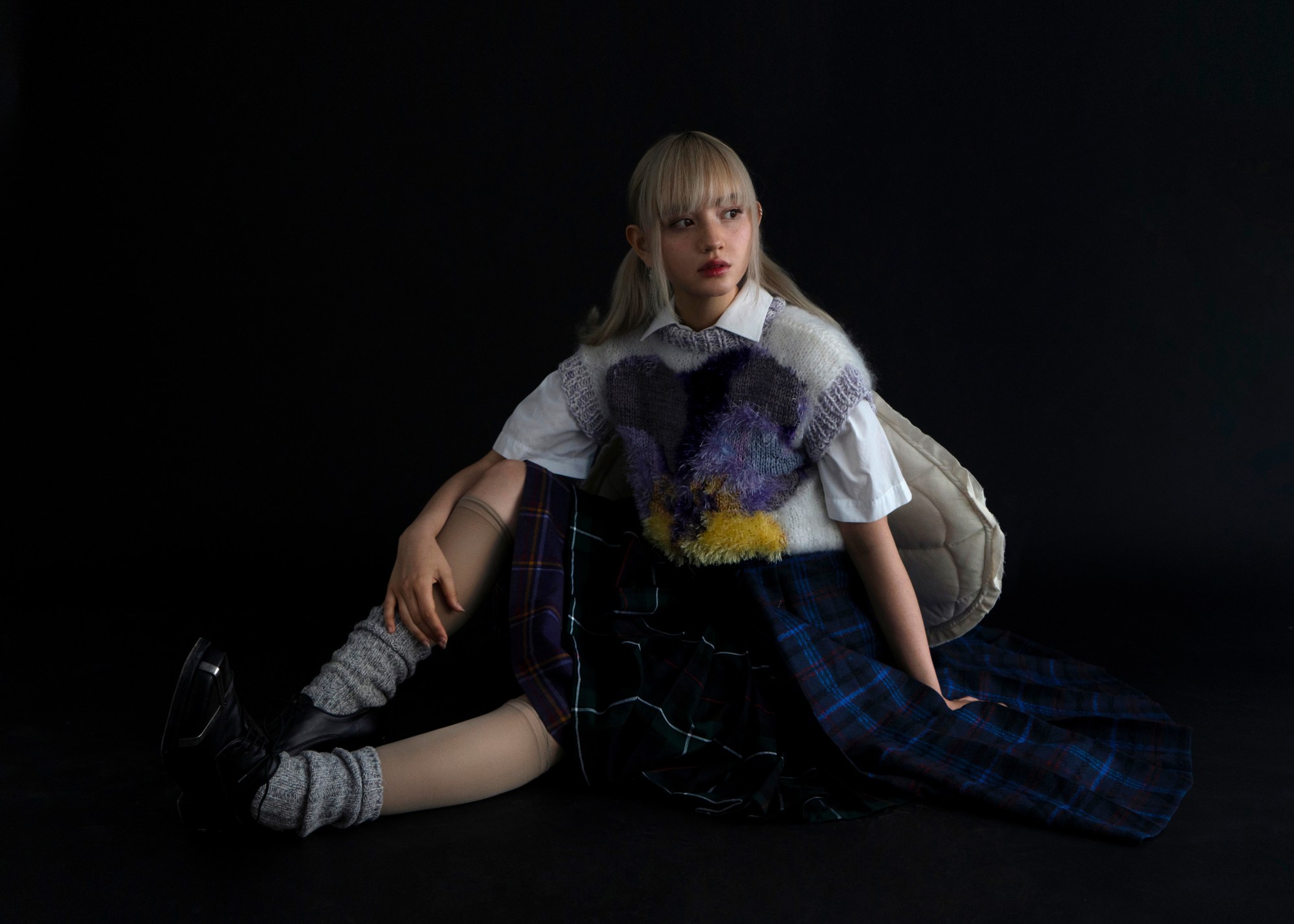This story originally appeared on i-D Japan.
Over the past few years, LIA LIA has undergone a transition from fictional character to real person. Since Berlin-based musician Lia Wang’s very first performance – a DIY show for an audience full of bikers – the shy half-Chinese, half-German artist has taken to the stage in disguise. “It takes courage to expose yourself to others as you are, so I decided to play a character on stage,” she explains. “The real me is not very confident about myself and I’m not super sexy or cool. But LIA LIA doesn’t care what other people think. She’s like a superhero to me.”
The contrast between Lia’s natural appearance and her early stage aesthetic was so great that, as she explains, “if I took off my wig at a live concert, the staff wouldn’t even notice me!” She likens the power of the bold, blonde headpiece to that of Hannah Montana’s. Since dying her own hair blonde, however, she has been able to reveal more of herself on stage. “Lately I feel like LIA LIA and my true self are gradually coming together,” she says. “I’m not as afraid of being vulnerable as I used to be, and I’m gaining confidence. It’s great to have your own superhero, and that’s why I am who I am now. But if you really want people to feel something, sometimes you need to take off the layers and be vulnerable.”
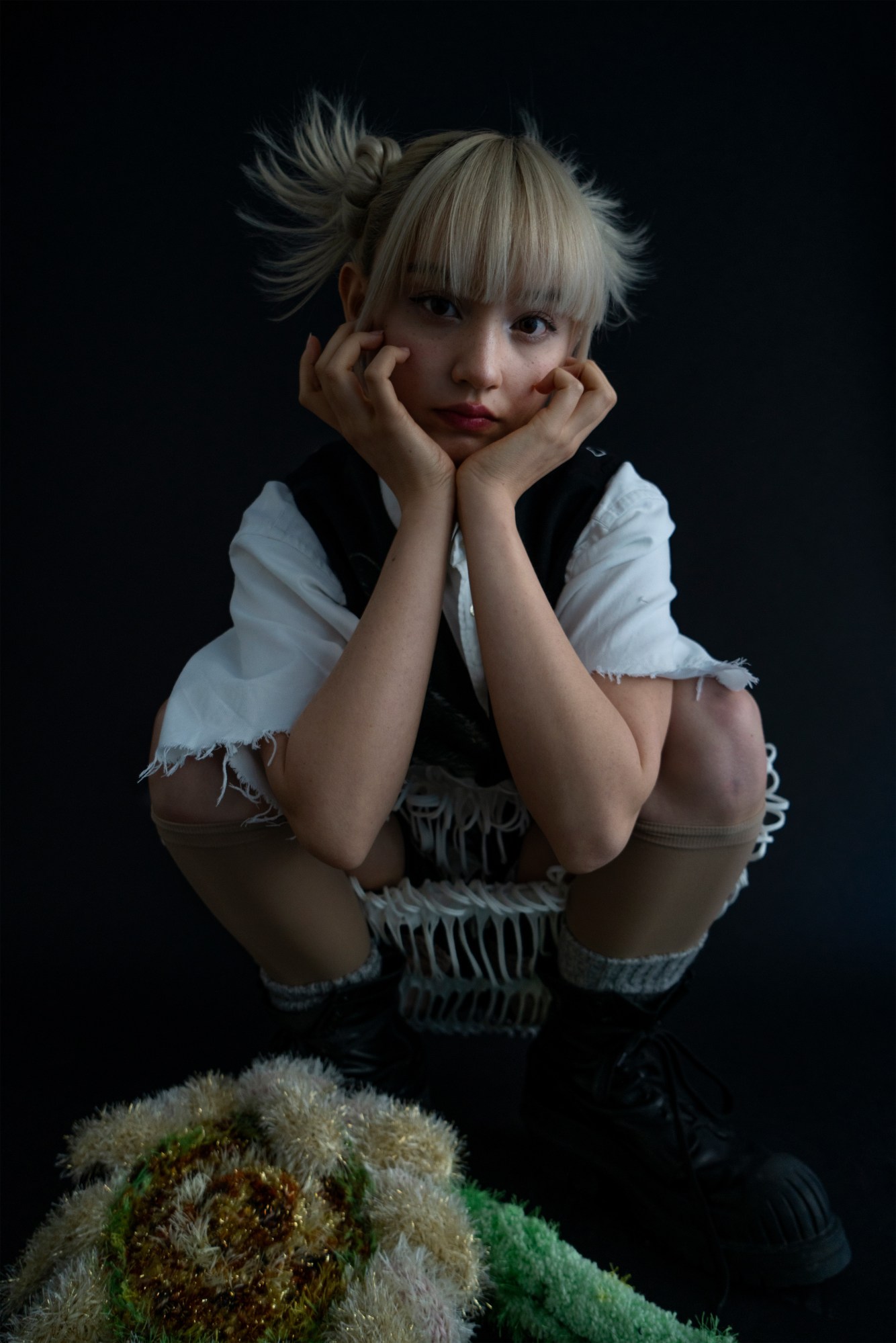
Her recent single, “I’m a Moth!“, is a fitting tribute to this turning point. Unguarded and infused with punk energy, it was written when LIA LIA was recovering after contracting a parasite during a trip to the Tropics. “It’s a real joke that I was supposed to be in paradise but got sick and had to recuperate for two months,” she says. “I was stuck in my room writing songs every day. I was feeling frustrated because no matter how hard I tried, I could only come up with sad, dark songs; so I picked up the guitar and yelled my lungs out as hard as I could.”
LIA LIA describes the song’s lyrics – about an absent father and her potential to be a butterfly, if only somebody would notice her – as autobiographical. Having grown up between the German countryside and her father’s hometown in the Chinese metropolis of Chengdu, she lays out her struggle as an eternal ‘outsider’. “I’m a nobody; nobody cares about me,” she says, “but I wanted to make a statement that I’m here.”
Since she left home several years ago, LIA LIA has moved from one city to another, including Tokyo, Shanghai and LA. “Maybe it’s because I grew up in an environment of extremes, but I don’t have a place where I feel at home. I feel like an alien wherever I am,” she says. “That’s also why I haven’t talked much about my background. You can’t speak for a particular culture when you don’t feel like you belong anywhere. In the end though, it’s not the place that matters, it’s the people.” And LIA LIA found her people in Tokyo.
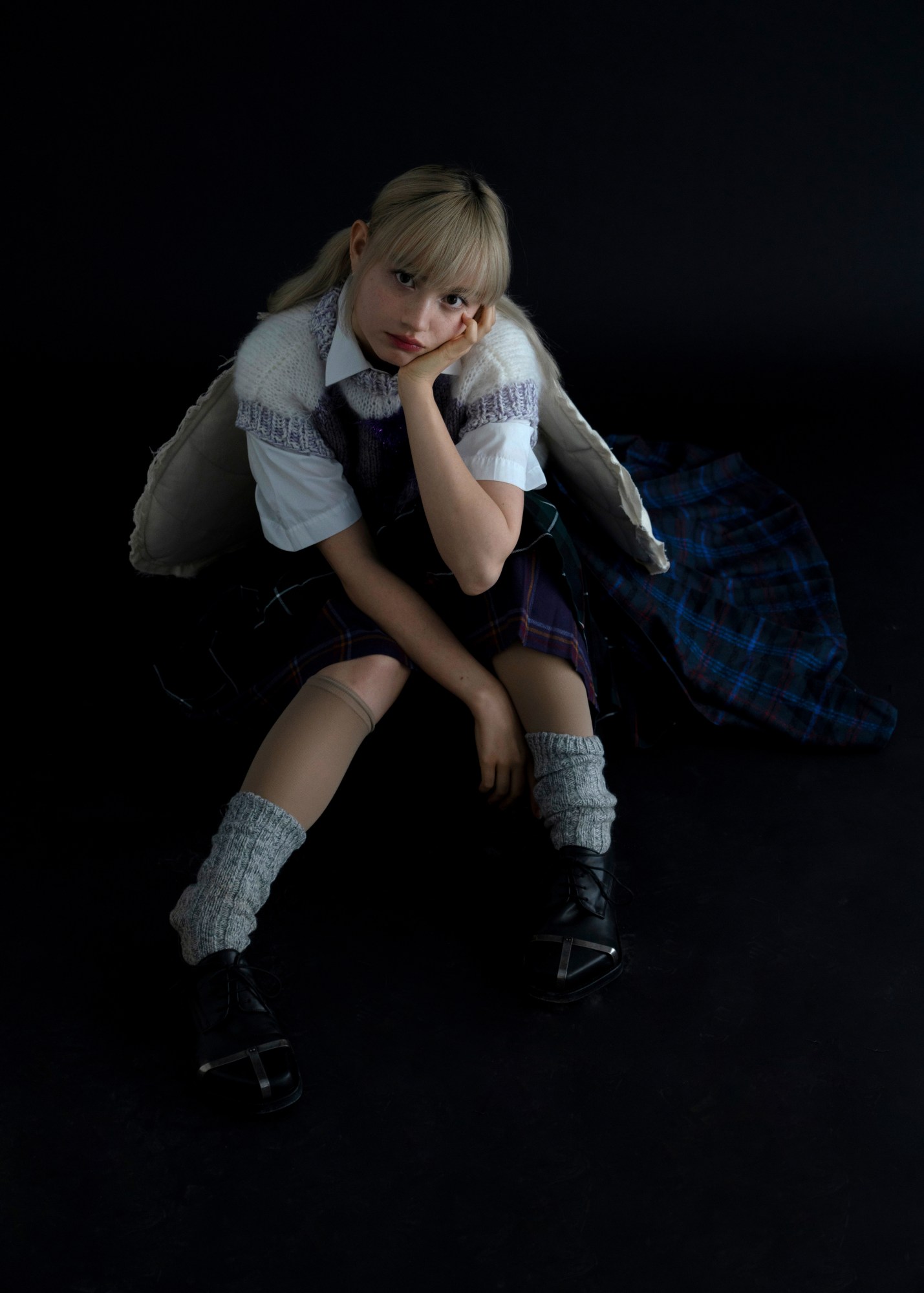
Back in spring 2020, she packed up her belongings in Berlin and booked a flight to Japan. Not long before boarding, she was informed that the looming pandemic meant entry restrictions had now been implemented. She wasn’t allowed to fly. “I’d just got my visa and given up the house I was living in, and then I had to trundle back from the airport. [The situation] was really desperate.” She had spent time living in Tokyo the previous year; a period she remembers as full of excitement. “I was so broke that convenience store rice balls were my staple food. Even so, I spent time doing magazine shoots, going out to parties with friends, drinking melon sodas, and just having a lot of fun. I hung out with the rapper Tohji and DJ Elena Midori – there’s a real community in the Tokyo party scene, so that was a lot of fun for me.”
But LIA LIA’s love affair with Japan is nothing new; for a start, she’s been watching anime since she was a child, when her father would bring her DVDs as souvenirs from China. “I used to watch Studio Ghibli films with Chinese subtitles,” she says. “I’ve always liked the feeling of entering a different world. By the time I was in my teens, I started to delve deeper into Japanese manga and anime on my own. I get more emotionally involved with anime characters than I do with characters in western dramas. Maybe because they look more like me.”
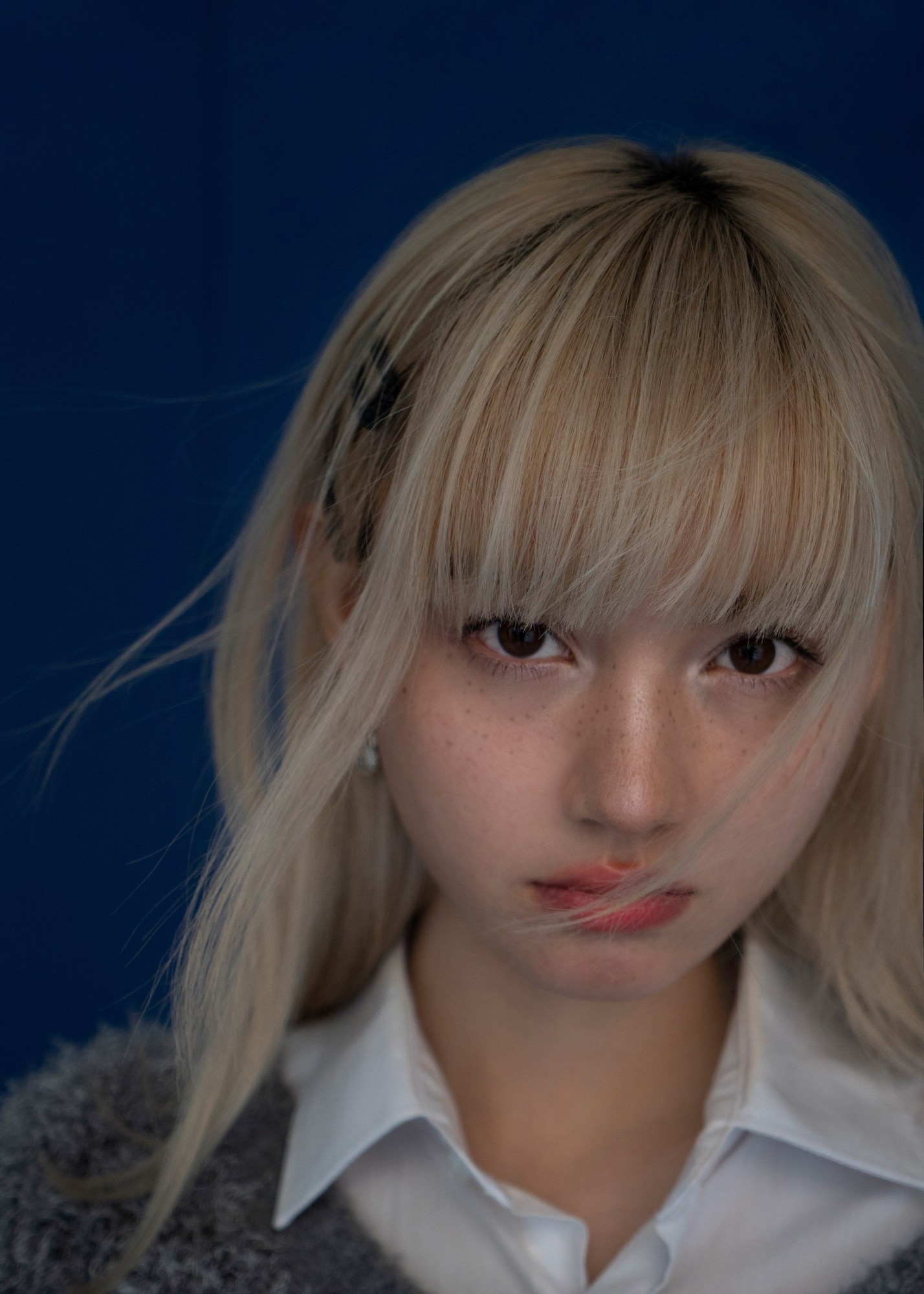
She cites shōnen manga, such as Hunter X Hunter and One Piece, as having had a major influence on her career. “The main characters never stop honing their craft,” she says. “They each have a strong mentor, and even they continue to work hard every day. I had never been exposed to this kind of work ethic anywhere else, so it was very inspiring.” The appeal of shōnen manga lies in its message, she continues: “Never be afraid to be yourself; never forget your goals and beliefs; work hard and cherish your friendships. It’s really powerful! It makes me want to work hard too.”
And LIA LIA certainly seems to be. Having already supported Doja Cat on her German tour, the determined artist has just announced that her debut EP, City of Tears, will be released on LA label Next Wave Records (home to Jimi Somewhere) on 6 May. Along with the announcement came the project’s title track, a dark and melancholic ballad with a cinematic self-directed visual that perfectly captures the loneliness and isolation she felt when she wrote it — and perfectly soothes those exact feelings in the listener. In becoming the superhero character she created for herself, and with the words of her manga mentors echoing in her head, LIA LIA is well on her way to achieving her dreams of being a vulnerable pop icon.
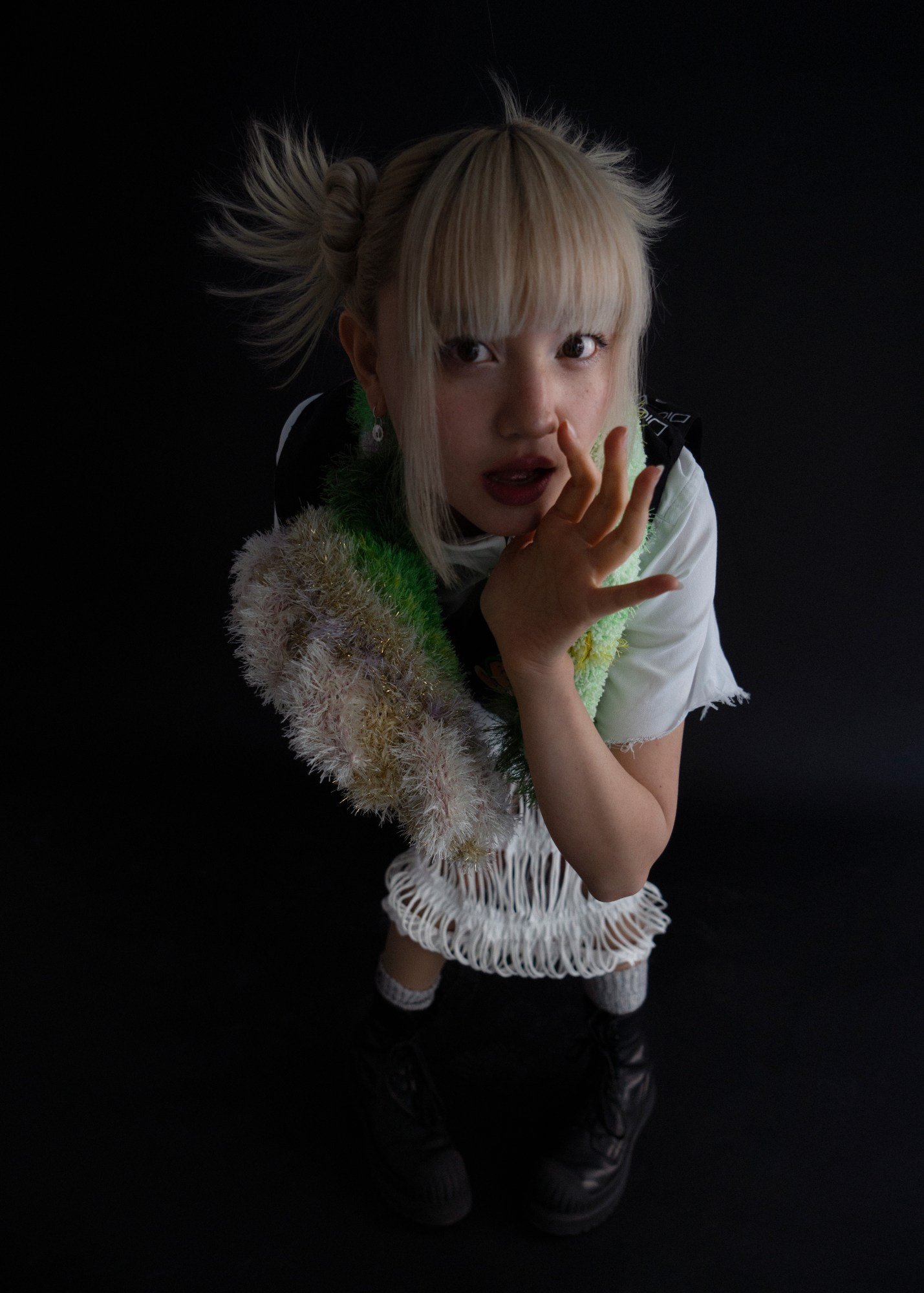
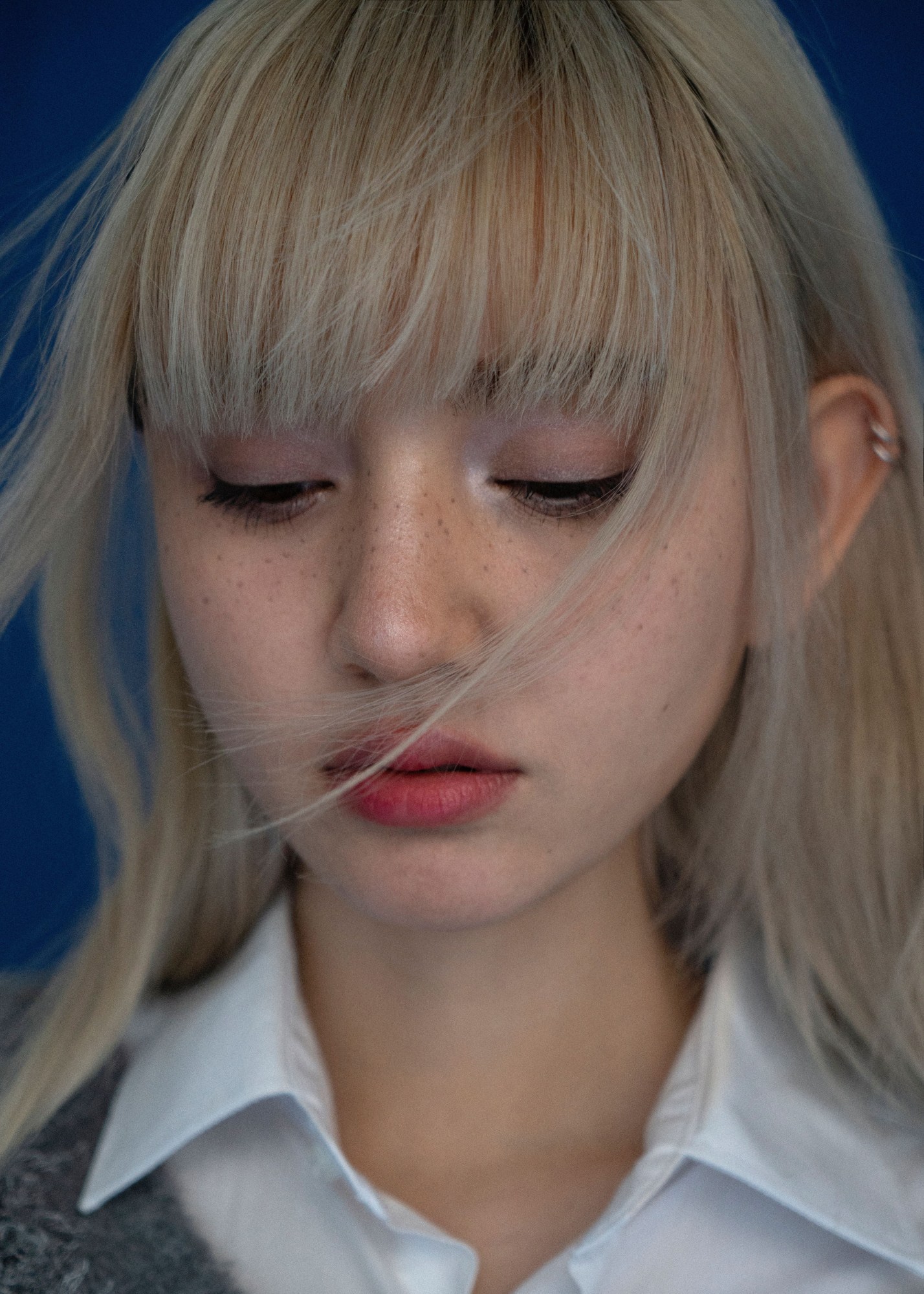
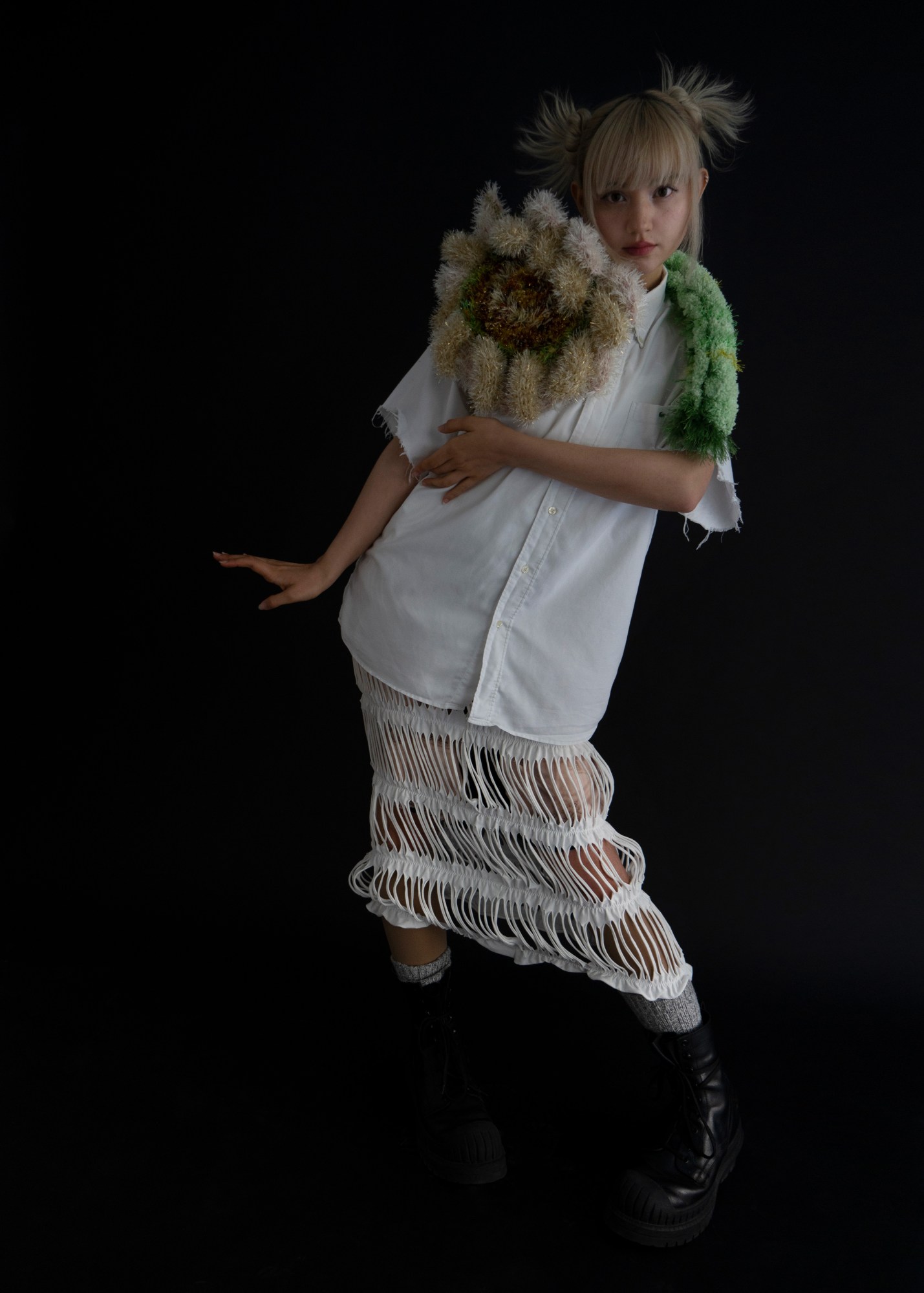
Credits
Photography Rita Lino
Styling Max Jolivet
Hair Masayuki Yuasa
Production and text Makoto Kikuchi
Production assistance Jee Hye Lee
